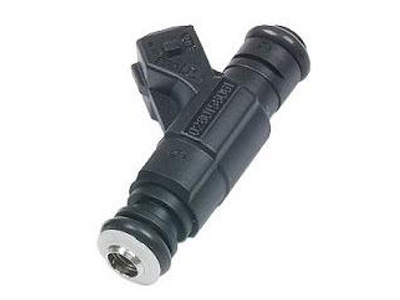Here are the key components of an auto fuel system
2023-12-22
The auto fuel system is a crucial component of a vehicle responsible for storing, delivering, and metering the fuel to the engine for combustion. The efficiency and proper functioning of the fuel system are essential for the overall performance of the vehicle. Here are the key components of an auto fuel system:
1. Fuel Tank: The fuel tank is a reservoir that stores the vehicle's fuel. It is usually located at the rear of the vehicle and is designed to prevent fuel leakage and minimize fuel vapors.
2. Fuel Pump: The fuel pump is responsible for pumping fuel from the tank to the engine. In modern vehicles, fuel pumps are often electric and located inside the fuel tank.
3. Fuel Filter: The fuel filter is designed to remove impurities and contaminants from the fuel before it reaches the engine. This helps protect the fuel injectors and other sensitive components.
4. Fuel Injectors: Fuel injectors are responsible for delivering a precise amount of fuel into the combustion chamber of each cylinder. This is a more efficient and controlled method compared to carburetors.
5. Fuel Pressure Regulator: The fuel pressure regulator ensures that the fuel is delivered at a consistent pressure to the fuel injectors, optimizing combustion and engine performance.
6. Fuel Rail: The fuel rail is a pipe that distributes fuel to the individual fuel injectors. It maintains the fuel at a consistent pressure before it enters the injectors.
7. Throttle Body: In fuel-injected engines, the throttle body regulates the amount of air that enters the engine. It works in conjunction with the fuel injectors to maintain the proper air-fuel mixture.
8. Idle Air Control Valve (IACV): The IACV controls the amount of air entering the engine during idle conditions, helping to maintain a stable idle speed.
9. Fuel Pressure Sensor: The fuel pressure sensor monitors the pressure in the fuel system and provides feedback to the engine control unit (ECU) to optimize fuel delivery.
10. Fuel Lines: Fuel lines transport fuel from the tank to the engine and connect various components of the fuel system.
Regular maintenance and inspection of the fuel system components are essential to ensure proper fuel delivery, combustion efficiency, and overall engine performance. Issues with the fuel system can lead to poor fuel economy, reduced engine power, and increased emissions. If you experience problems such as rough idling, poor acceleration, or decreased fuel efficiency, it's advisable to have the fuel system inspected and serviced by a qualified mechanic.



